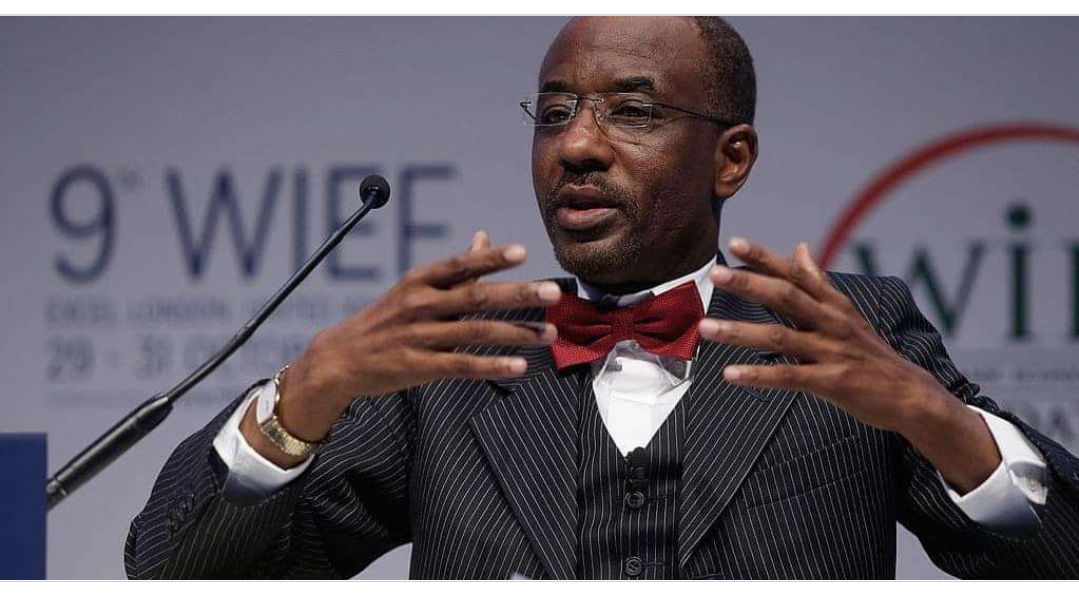Economy
CBN To Still Introduce N5,000 Note – Arabic Inscriptions To Remain, Sanusi Says
Erstwhile Governor of the Central Bank of Nigeria (CBN), Sanusi Lamido Sanusi, has stated that the apex bank has not scrapped the plans to introduce the N5000 note.

The N5000 note was proposed in 2012 by the Sanusi-led CBN but was resisted by Nigerians mostly on the premise that it would exacerbate inflation.
Arabic inscriptions to remain in new naira notes Sanusi had also said the proposed new naira notes coming out between December and January will still carry the Arabic inscriptions.
The Nation reported that the ex-CBN Governor stated via his social media handles that he had spoken with CBN governor Godwin Emefiele and has been assured that the rumoured removal of the Arabic inscription on the naira notes was baseless.
In his sermon, Sanusi remembered how the attempt by the apex bank to introduce the N5,000 note was resisted and stated that due to the number of cash Nigerians carry around, the issue is something that Nigerians cannot avoid it.
Why Nigerians rejected N5000 note In 2012, Sanusi, the then Governor of CBN, justified the introduction of higher denominations, stating that inflation is a monetary phenomenon.
Sanusi said that in some countries like Singapore, Germany and Japan, the highest denominations are 10,000 SGD, 500 Euro and Yen 10,000, respectively. He said the denominations have high dollar equivalents and that the inflation levels are very low in those countries.
The ex-Emir of Kano said that introducing a higher denomination would complement the bank’s cashless policy as it would substantially reduce the volume of currency in circulation, especially in the long term.
Sanusi, who was removed as the Emir of Kano and is now the spiritual leader of the Tijanniya Sufi order of Nigeria, told Islamic scholars always to ask questions concerning the economy from relevant authorities.
He made the video to clarify and debunk rumours of the removal of the Arabic inscriptions. He added that he would discuss with CBN leadership if he had issues with the bank’s timing.
Follow us on social media:



